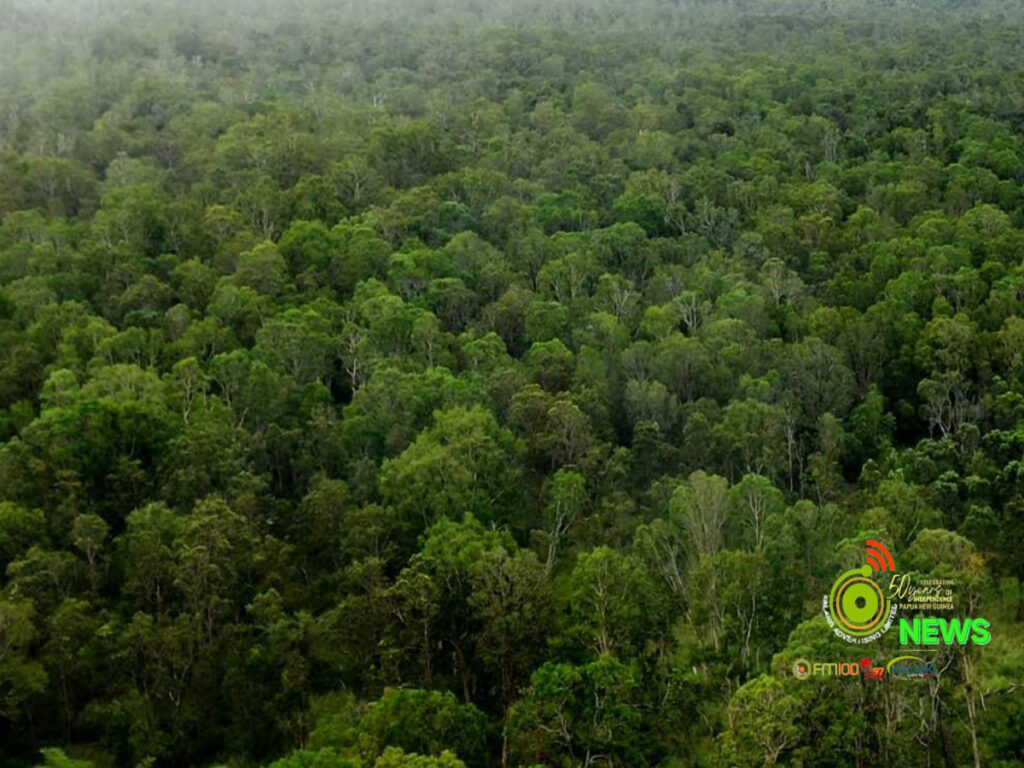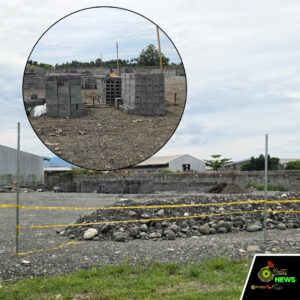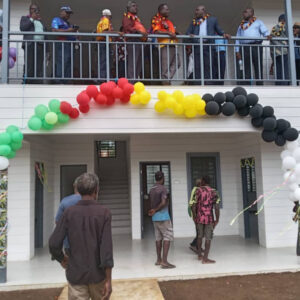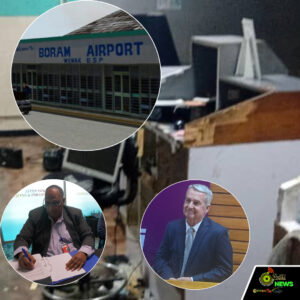CLIMATE CHANGE EXPERT COMMENDS MINISTER MARU

By Sandra ULG
A renowned Climate Change expert in Papua New Guinea has commended the recent announcement made by International Trade and Investment Minister Richard Maru on his proposal to venture into downstream processing of wood products within a Special Economic Zone with the PNG Forest Authority (PNGFA).
Mr. Alfred Rungol, who is a UNFCCC Roster of Expert in Environment/Forestry/Climate Change with over 16 years of experience shared his insightful thoughts on this great initiative to be undertake by Minister Maru and he outlines some of the benefits of this proposal.
Mr. Rungol stated that Special Economic Zones (SEZ) in PNG are designated areas governed by tailored policies and incentives to stimulate industrial growth, attract investment, and create employment. For the forestry sector, SEZs offer a transformative opportunity to transition from exporting raw logs to developing a robust domestic processing industry. It can also be referred to Forestry Special Economic Zones align to existing FMA within PNGFA.
Mr. Rungol said the forestry sector in PNG is heavily reliant on raw log exports, which limits economic value, job creation, and sustainability. This model provides minimal long-term benefits to local communities and contributes to illegal logging and environmental degradation as the country have experience in years.
“SEZs can house industries such as sawmilling, veneer and plywood production, timber treatment, and furniture manufacturing. These downstream activities add value to raw materials, keep more revenue within the country, and promote industrial development in the Forestry Sector”.
He adds that through SEZs, the government can offer fiscal incentives such as tax holidays, duty-free machinery imports, and concessional land access. These zones also benefit from dedicated infrastructure such as roads, energy supply, and export facilities, reducing operational costs.
He further adds that Finished wood products can directly substitute raw log exports by tapping into global markets with higher-value goods. This strategy not only increases foreign exchange earnings but also positions PNG as a reliable supplier of certified, value-added timber products.
Mr. Rungol says by fostering downstream processing within SEZs, the Forestry Sector will generate skilled employment opportunities in carpentry, engineering, production, and logistics. It also encourages training institutions to align curriculums with industry needs.
“SEZs offer a controlled environment where companies must adhere to sustainability standards, certification schemes (e.g., FSC), and legal timber tracking systems. This can drastically reduce illegal logging and improve PNG’s international image”, he said. “Value-added processing attracts better prices than raw logs, leading to increased export revenue. With proper taxation structures in place, SEZs can contribute significantly to national income and provide funds for public services and development”.
To conclude Mr. Rungol says fully realize the potential of SEZs in forestry, PNG needs clear policies that phase out log exports, establish SEZ governance frameworks, and align with national strategies such as Vision 2050, the Medium-Term Development Plan, and PNG’s Forestry Policy.





